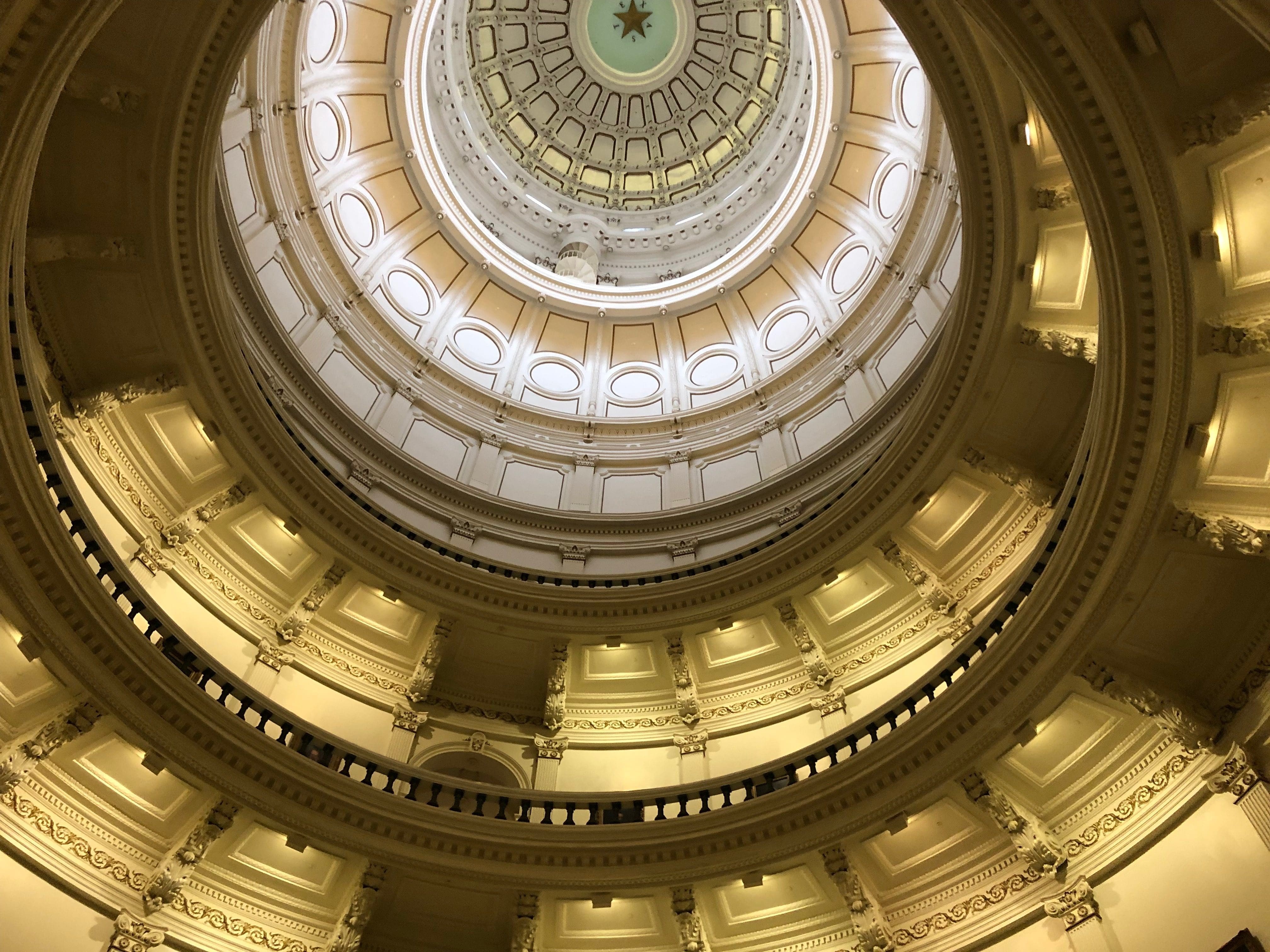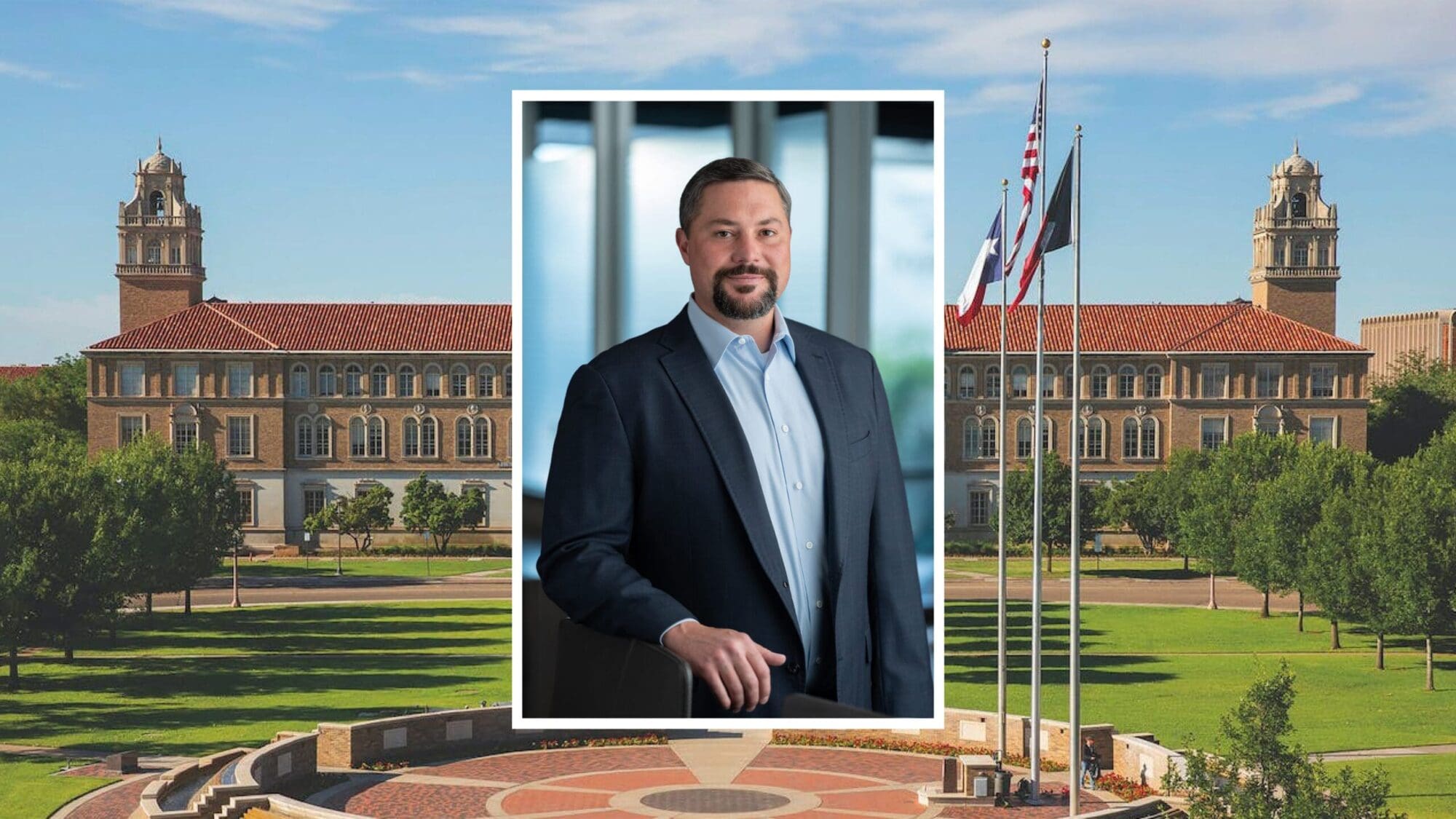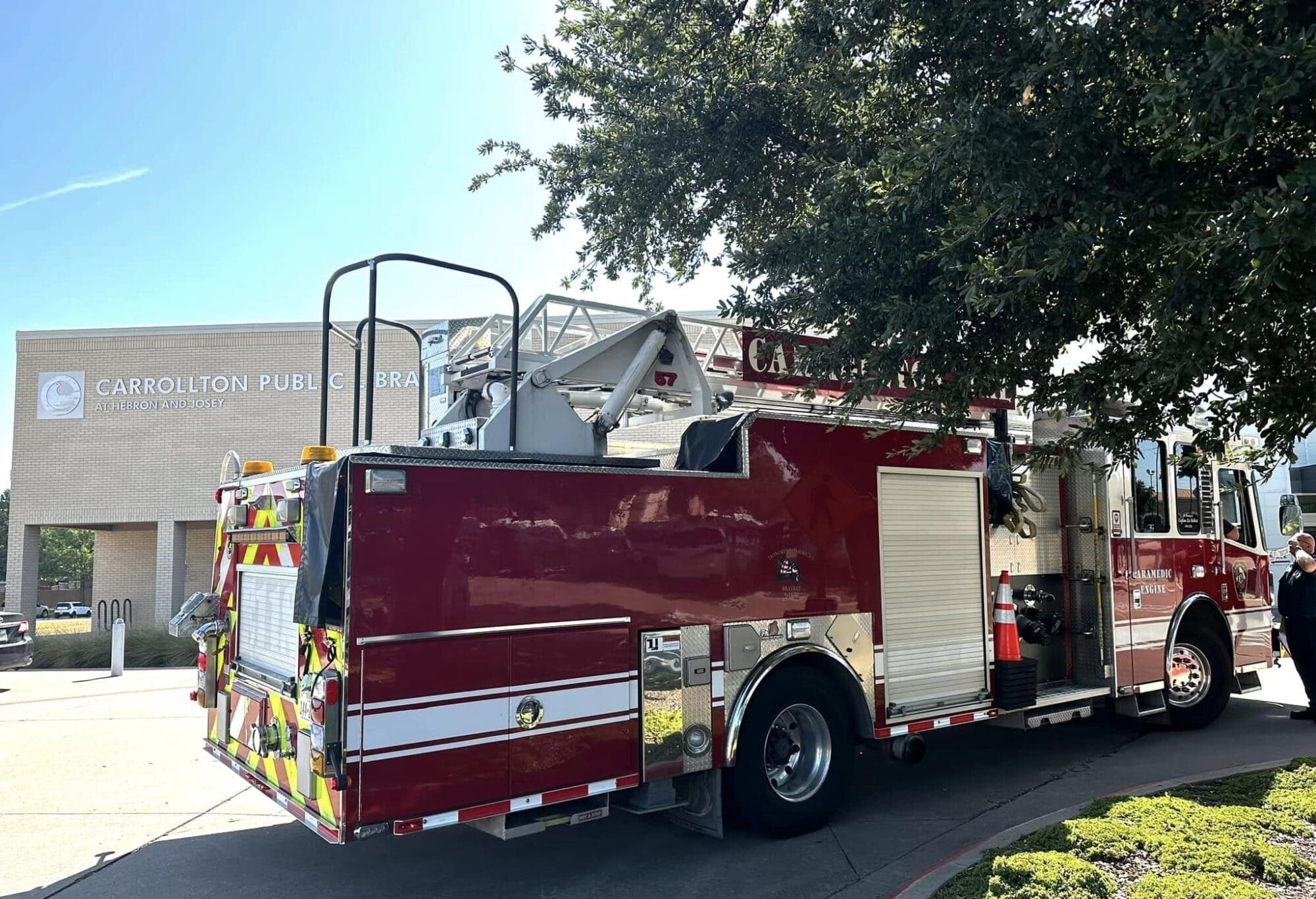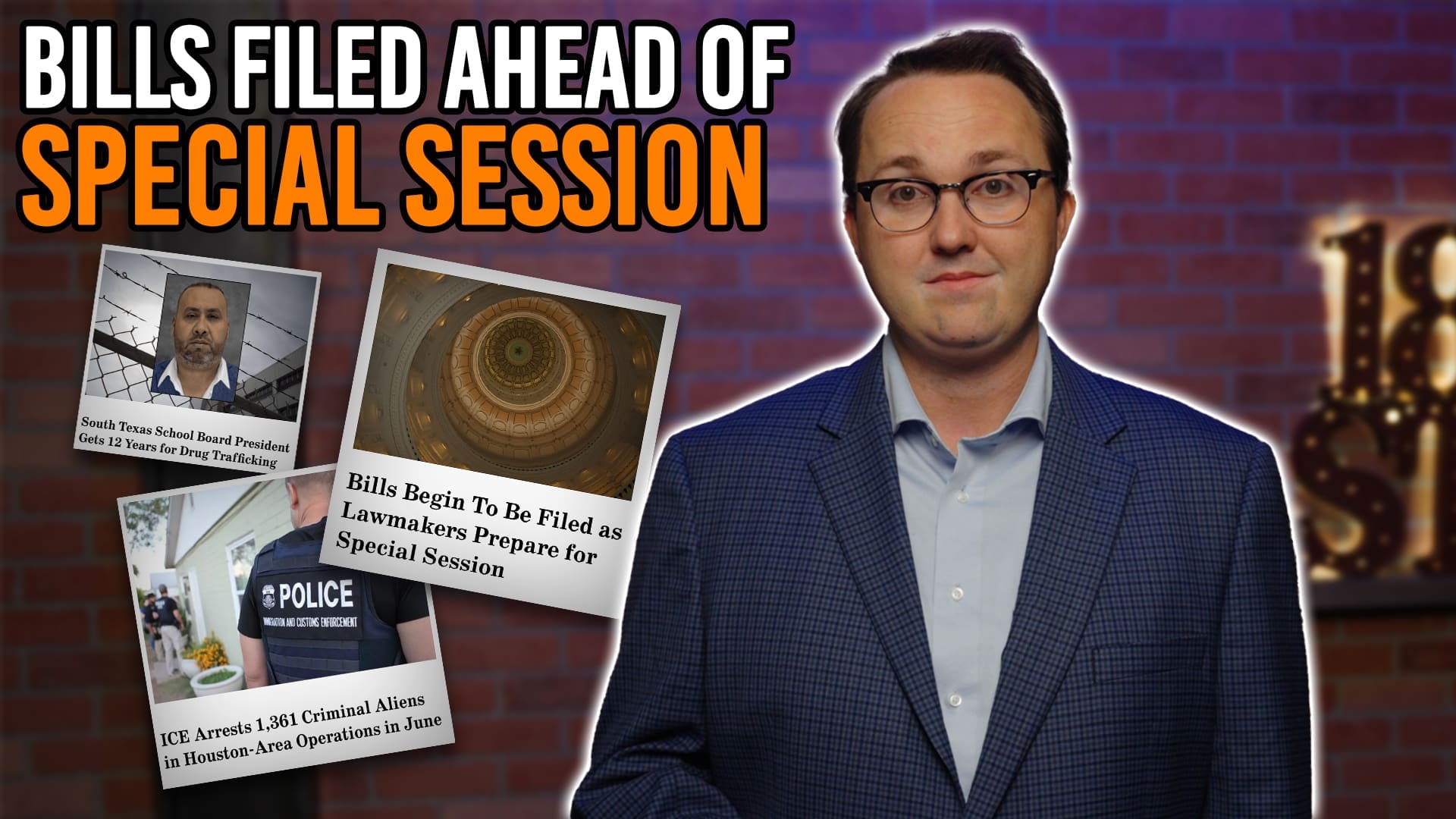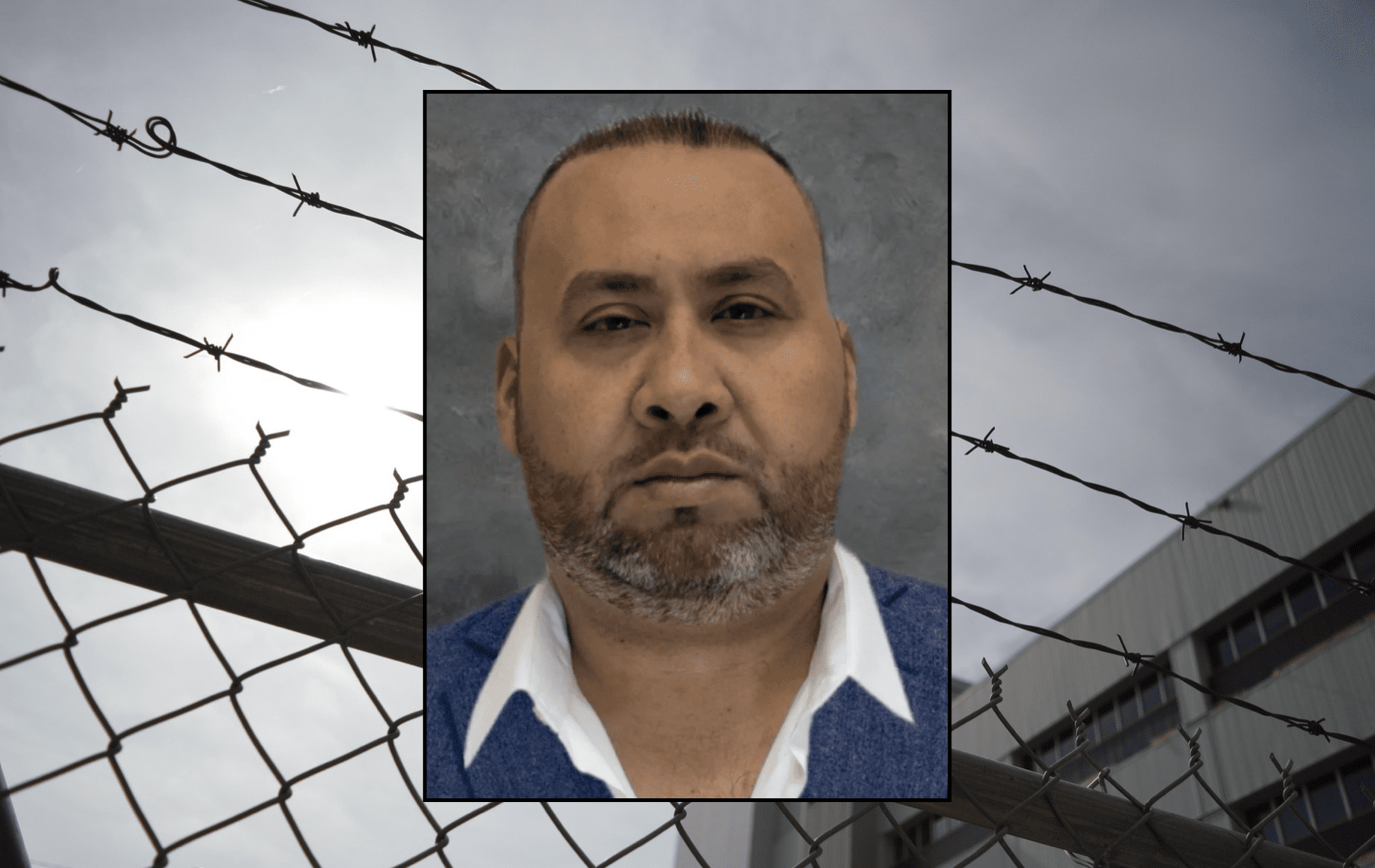Two West Texas county commissioners are taking an unusual stand: siding with taxpayers over government interests.
County Commissioners Chad Seay and Jason Corley, Lubbock’s newly elected officials, recently advocated for giving Texans more power over their own property tax bills—an uncommon position among many local government officials.
“I’m not representing my county commissioners court. I am representing my constituents and myself, as a taxpayer,” said Seay during last Wednesday’s Ways and Means Committee hearing on House Bill 2. Corley also stated he was there “first and foremost as a taxpayer” and second as a county commissioner.
Seay and Corley are among the few local elected officials in the state advocating for HB 2 and Senate Bill 2, which aim to give residents more control over their local property taxes. The two identical bills would require local governments to get voter approval for property tax hikes over 2.5 percent, implement transparency measures for public tax notices, and reform the appraisal process.
Many local government officials, however, are opposing the effort to give citizens more power.
On the anti-taxpayer side, the Texas Association of Counties, along with other tax-funded lobbying associations, have made opposing property tax reform a top legislative priority—making Seay and Corley’s stance on the issue as county officials a buck to the status quo.
“You’re about to experience a steady stream of countless officials coming in here with horror stories about why this legislation is a disaster,” Seay told lawmakers. “I have no doubt they rounded up every local horror story that they can find to demonstrate why this legislation will be the end of us all. So be prepared to get your Kleenexes out.”
Seay also said the elected officials are using citizens’ money to oppose citizens’ interest.
He said, “I encourage you to ask each and every one of them who paid for their trip down here to testify against this legislation.”
During Corley’s testimony, he explained the proposed 2.5 percent trigger does not affect revenue from sales tax or new growth and stated, “I think if I’m going to raise your taxes as a citizen of Lubbock County, I ought to have to come ask you for it.”
Both commissioners, who promised their support of property tax reform during their campaigns, defeated longtime incumbents in the 2018 Republican primary who opposed property tax reform last legislative session—a demonstration, Seay stated, that Lubbock voters “support the goals and intent of HB 2 and SB 2.”
Both made campaign promises to cut their county salaries if elected, in protest of a self-imposed $22,000 pay raise made by county commissioners in 2014. In January, Seay committed to donating $18,000 of his salary to charity (claiming he didn’t want the additional funds going back to county coffers) while Corley filed an affidavit of salary donation, retracting the 2014-imposed pay increase.
“I hear everyone screaming about local control,” Corley told Texas Scorecard, “but I have to ask myself: ‘What is more local than the ballot box?’”
